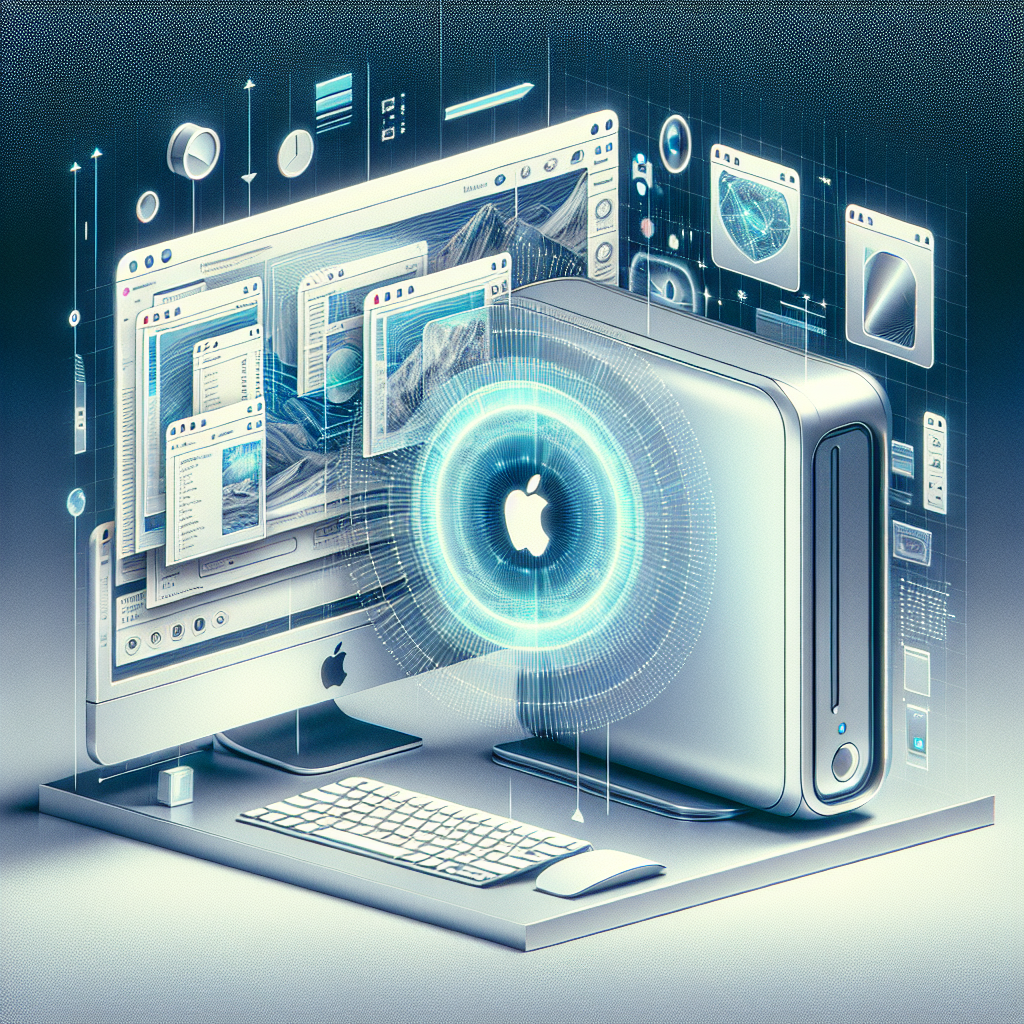Bug Halts M4 Macs from Virtualizing Older macOS Versions

Issues Arise with M4 Macs Virtualizing Older macOS
Apple's latest M4 chip-equipped MacBooks have encountered a significant roadblock that is frustrating users attempting to run older macOS versions through virtual machines. This issue, documented by Eclectic Light Co. and highlighted by Csaba Fitzl, specifically affects users trying to operate macOS versions released before macOS 13.4 Ventura in a virtual machine setup on the new M4 Macs. Unlike their predecessors using M1, M2, and M3 chips, the M4 Macs experience a complete boot failure resulting in a black screen, regardless of virtual machine settings or even when attempted in Recovery Mode.
Understanding the Technical Challenges
The core of the problem remains ambiguous because users and developers alike have been unable to access relevant system logs that might detail the cause of these failures. There's an apparent discrepancy in how the virtual cores are being utilized, as only one seems active during the process when multiple should be engaged. This leads experts to believe the issue might stem from a bug in the early kernel boot process, which prevents the full allocation of virtual cores at a critical phase.
Implications for Users and Developers
For developers and tech enthusiasts relying on older macOS versions for legacy applications, development, or security purposes, the inability to virtualize these systems on the latest hardware is concerning. As virtual machines are a vital tool for testing outdated software or running specialized applications, this bug can pose logistical headaches and may force users to reconsider upgrading to the latest Mac hardware.
Apple's Response and Potential Solutions
While the issue has been reported to Apple via the Feedback system (FB15774587), there's skepticism regarding a swift fix. Historically, Apple has not responded with revised IPSW (iPhone Software) images to tackle similar issues in the past, suggesting these affected users may not see an immediate resolution. Tech experts recommend sticking to M3 or earlier models to maintain compatibility with older macOS versions for the time being.
The Impact on Future Mac Upgrades
The glitch serves as a reminder for Mac users to weigh the pros and cons of hardware upgrades carefully, especially when reliant on legacy software environments. It highlights the importance of ensuring compatibility with critical software and applications before moving to newly released technologies.
As this issue unfolds, the community will likely continue discussions on potential workarounds and hope for either an official solution from Apple or third-party fixes to resolve these compatibility issues. In any case, staying informed and cautious with updates will be essential for users who depend heavily on virtual machines for older macOS deployments.



Comments ()